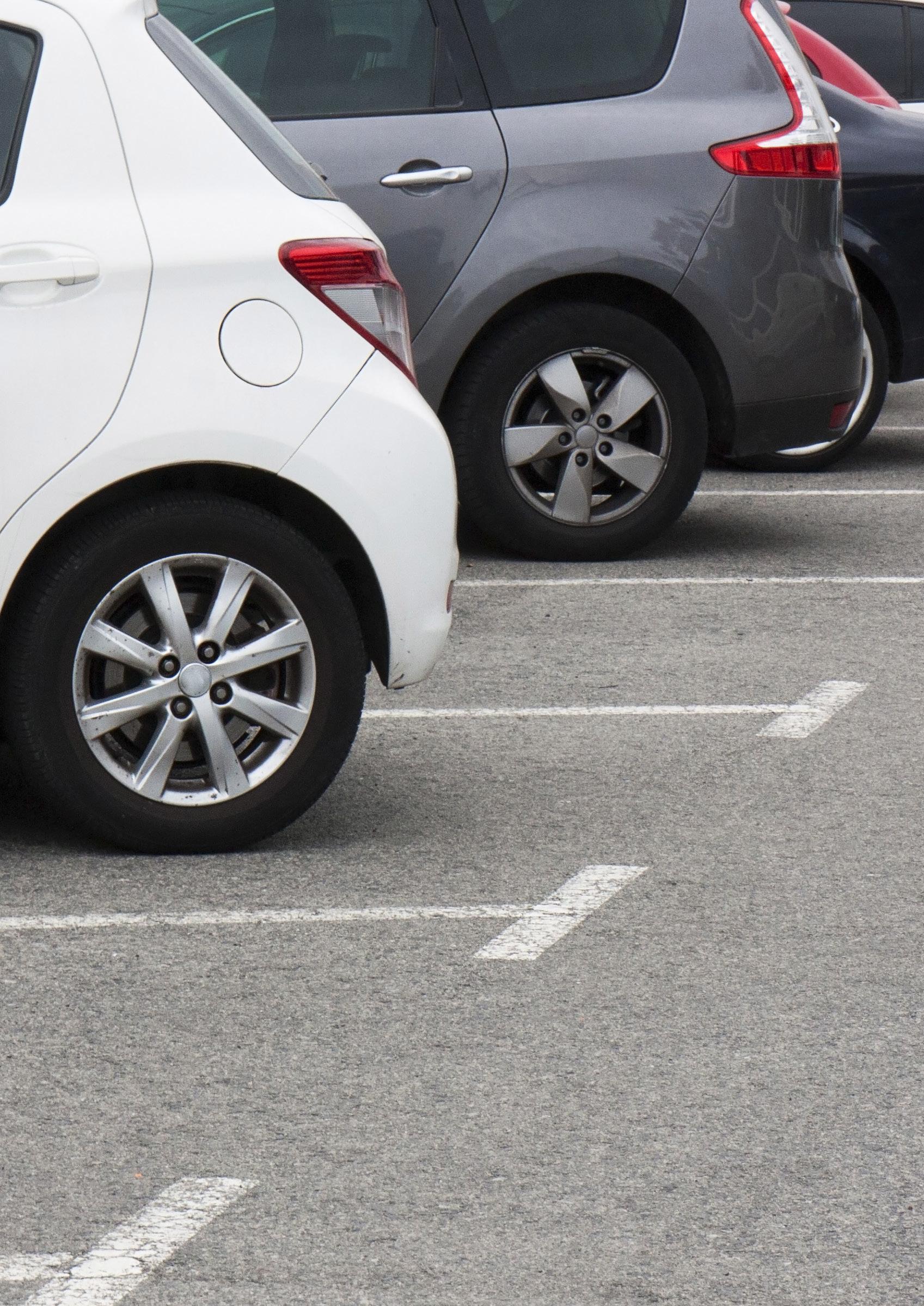
1 minute read
COMMENTARY ON APPEAL NUMBERS
Receiving 85,000 appeals is close to our 2019 high, and shows a marked increase on 2020 and 2021; when fewer cars were on the road due to the pandemic. We’re seeing the increase continue. We’re now receiving over 2,000 appeals a week: a rate which would see us receive over 100,000 appeals this year. We’re well equipped to deal with these numbers – having met all Key Performance Indicators despite a 53% uplift this year, and with the additional flexibility provided by our group structure.
Beyond the consideration of individual appeals, we also undertake work to help spot systemic issues with the ultimate aim that fewer motorists receive unfair parking charges. We’re proud to be accessible to so many motorists and the data shows that it is often worthwhile for motorists to appeal to POPLA, with 45% of appeals resulting in overturned parking charges.
2022 saw parking operators decide not to contest around 23.5% of appeals. When this happens, the motorist ‘wins’ their appeal and the parking charge is cancelled. There are many legitimate reasons for a parking operator not to contest an appeal. POPLA asks motorists certain questions during the submission process that might give the parking operator a better perspective than they had previously. Motorists sometimes provide new information or evidence to POPLA that they didn’t provide when appealing to the operator. Or the operator might decide not to contest an appeal as a goodwill gesture because of mitigating circumstances presented by the motorist.
We recognise that in some instances, a parking operator deciding not to contest an appeal might indicate a failure of their internal appeal handling processes. We continue to monitor high withdrawal numbers and report to the British Parking Association, who work with their members to ensure operator appeal handling processes are effective.
POPLA makes decisions based on the facts of the appeal, relevant law, and the expectations set out in the British Parking Association Code of Practice. There are some appeals we can’t allow on that basis but we still think the circumstances feel unfair. An example might be where someone overstayed the maximum time in a car park because they were waylaid by a medical emergency. Where we see evidenced mitigating circumstances, we share this information and our view with the parking operators who do agree to cancel the charges in nearly half of these cases. But that leaves over 50% of cases where we cannot cancel charges we perceive to be unfair.
The Private Parking Code of Practice proposes some additional motorist protection in this regard, suggesting operators should be required to cancel parking charges where motorists present serious mitigating circumstances. We would welcome the introduction of these additional motorist protections.




